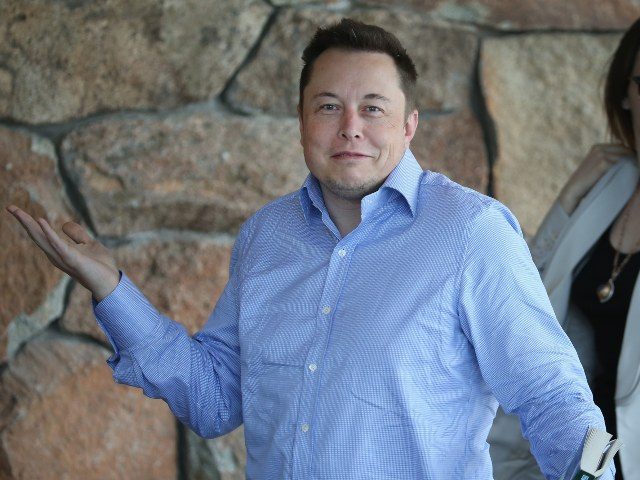A recent report explains that Tesla posted its first full year of net income in 2020, but not due to auto sales. Regulatory credits appeared to make up the majority of the company’s positive income for the year.
A recent report from CNN notes that while Elon Musk’s electric vehicle manufacturer Tesla posted its first full year of net income in 2020, most of that income was not from auto sales to customers.
Eleven states require that automakers sell a certain percentage of zero-emission vehicles by 2025, if they’re unable to do so they must purchase regulatory credits from another automaker that meets those requirements such as Tesla.
This has resulted in $3.3 billion in revenue for Tesla over the course of the last five years, with almost half of that amount being generated in 2020. Tesla received $1.6 billion in regulatory credits revenue in 2020, outweighing its net income of $721 million meaning that the company would have otherwise posted a net loss in 2020.
Gordon Johnson of GLJ Research and one of the biggest bears on Tesla shares stated: “These guys are losing money selling cars. They’re making money selling credits. And the credits are going away.”
Tesla has admitted that the company cannot rely on credits as a source of income forever, with the company’s CFO Zachary Kirkhorn stating: “This is always an area that’s extremely difficult for us to forecast. In the long term, regulatory credit sales will not be a material part of the business, and we don’t plan the business around that. It’s possible that for a handful of additional quarters, it remains strong. It’s also possible that it’s not.”
While Tesla is the leading electric vehicle manufacturer, the company is facing increased competition in the sector as other automakers roll out their own electric vehicles. Volkswagen has now passed Tesla in terms of electric vehicle sales in most of Europe, while GM stated that it hopes to shift completely to emission-free cars by 2035.
Gordon Johnson of GLJ Research stated: “The competition is rendering Tesla’s cars irrelevant. We do not see this as a sustainable business model.”
Daniel Ives, a technology analyst with Wedbush Securities, commented: “They’re not going to stay at 80-90% share of the EV market, but they can keep growing even with much lower market share. We’re looking at north of 3 million to 4 million vehicles annually as we go into 2025-26, with 40% of that growth coming from China. We believe now they are on the trajectory that even without [the EV] credits they’ll still be profitable.”
Lucas Nolan is a reporter for Breitbart News covering issues of free speech and online censorship. Follow him on Twitter @LucasNolan or contact via secure email at the address lucasnolan@protonmail.com

COMMENTS
Please let us know if you're having issues with commenting.